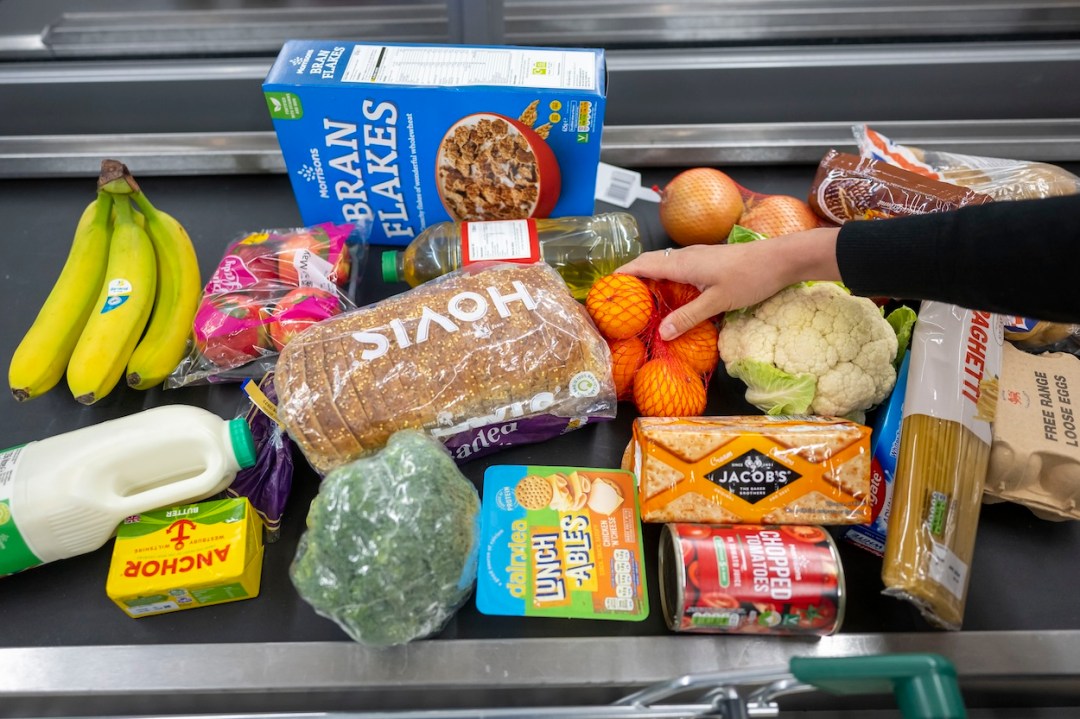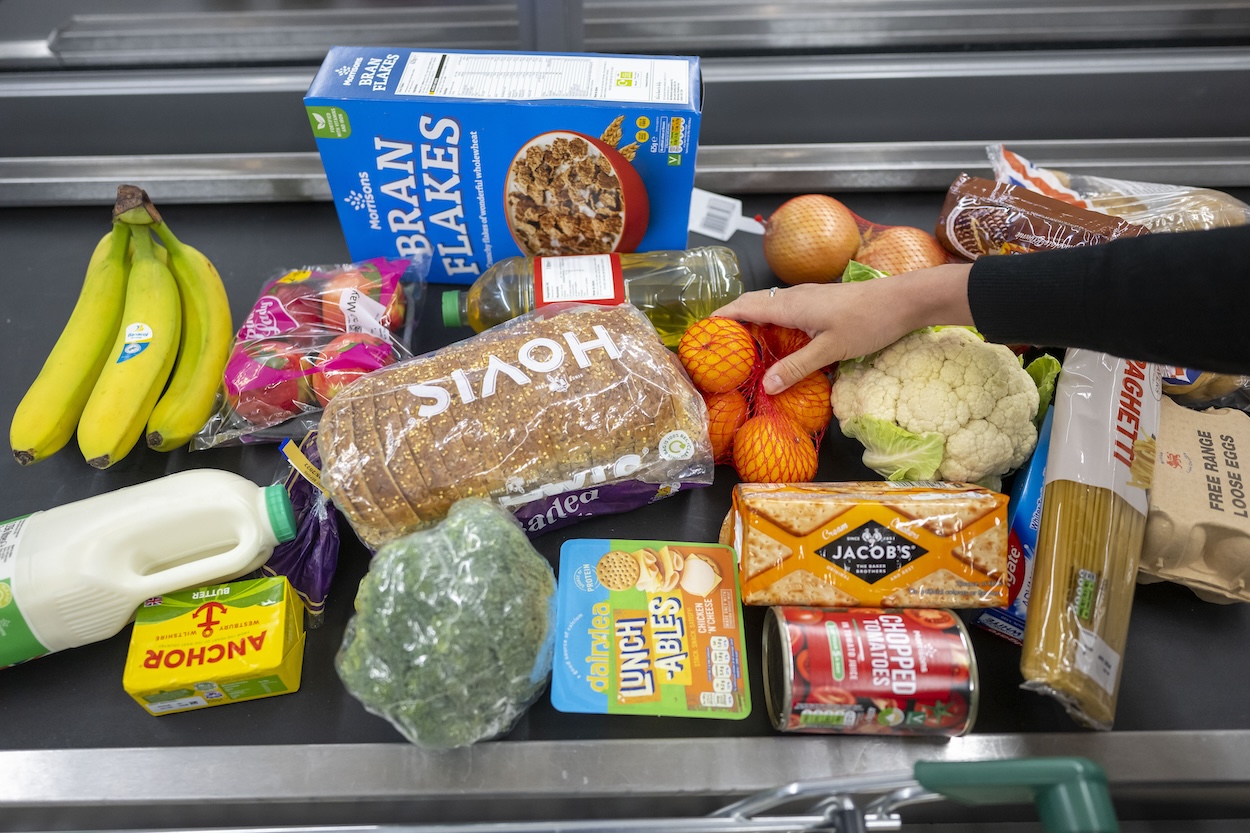I contemplated this piece over a bowl of porridge; not a ready-mix concoction but the raw stuff: porridge oats mixed with milk and water and eaten without any adornment whatsoever. That will win me brownie points among many nutritionists and policymakers because I was not eating an ‘ultra-processed food’ (UPF).
I have a gut feeling that raw porridge is more nutritious and less full of nasty stuff. It is also much cheaper. A few years ago, while I was on a walking holiday with my son, I pointed out to him – not least because he was about to go off to university and could do with a bit of guidance on living frugally – that while my porridge for the week had cost about £1.50, his prepared breakfast cereals had cost him – or rather me – upwards of a tenner.
Nevertheless, I am becoming increasingly uncomfortable about the way that UPFs are being singled out as a bogeyman responsible for all ills, in particular the way that seemingly respectable sources seem to be jumping the gun in blaming them for a rise in bowel cancer among the under-50s.
Last week the Lancet launched its latest broadside against UPFs. The title of its editorial rather gives the game away: ‘Ultra-processed foods: time to put health before profit’. It goes on to state: ‘addressing this challenge requires a unified global response that confronts corporate power and transforms food systems to promote healthier, more sustainable diets’.
It sounds just a little bit too much like an anti-capitalist rant and not quite enough like genuine scientific enquiry. The compounding of healthier diets with sustainable ones is a red flag in itself: is what is good for the environment necessarily always good for human health? Many people might like to think that that is the case, but it is a mere assertion to make that link. I am sure rats play some role in the ecosystem, but their presence isn’t exactly of direct benefit to human health.
The Lancet quotes as evidence of the evils of UPFs 104 studies, 92 of which it says ‘reported associations between exposure to the ultra-processed dietary pattern and increased risk of one or more chronic disease outcomes’. That might sound convincing, but it is a lot less so when you look at the details. Among them are four studies that show some kind of association with higher levels of colorectal cancer, but the average risk ratio of 1.1, i.e. statistically the participants had a 10 per cent greater chance of developing bowel cancer if they ate more in the way of UPFs. This is nothing at all when you consider the multitude of other factors which could be involved.
Assuming that the rise in bowel cancer among the under-50s is genuine and not a statistical quirk caused by earlier diagnosis, the only way we are going to establish a cause is to do as we did when a rise of lung cancer became apparent in the middle of the last century: through massive epidemiological investigation which assesses and screens out all conceivable factors.
Profit and health are not the enemies that the Lancet’s student politics likes to make out
Changes in diet should obviously be at the top of that list, but it would also include other changes over the past half-century: sedentary lifestyles, exposure to atmospheric pollutants, certain chemicals, new medicines, use of illegal drugs, exposure to electromagnetic radiation, fall in exposure to allergens and bugs which used to build children’s immune systems – and many more.
Moreover, it should be obvious that there is limited point in lumping together all UPFs for epidemiological investigation. They contain a vast array of ingredients and additives, most of which are likely harmless but a few of which may well cause harm. For a medical journal to condemn all UPFs as some kind of global conspiracy of evil corporations out to destroy our health in the search for profit makes you wonder who is going into the sciences nowadays, and whether they are really motivated by scientific enquiry or political activism.
By the way, my pure and clean porridge oats were brought to my table by nearly as big a corporation as you can find: Britain’s fourth-largest company, Tesco. Truth is, supermarkets might have brought us convenience foods, but they have also brought us the opportunity to eat well and affordably, contributing to the huge rise in living standards. Profit and health are not the enemies that the Lancet’s student politics likes to make out.








Comments